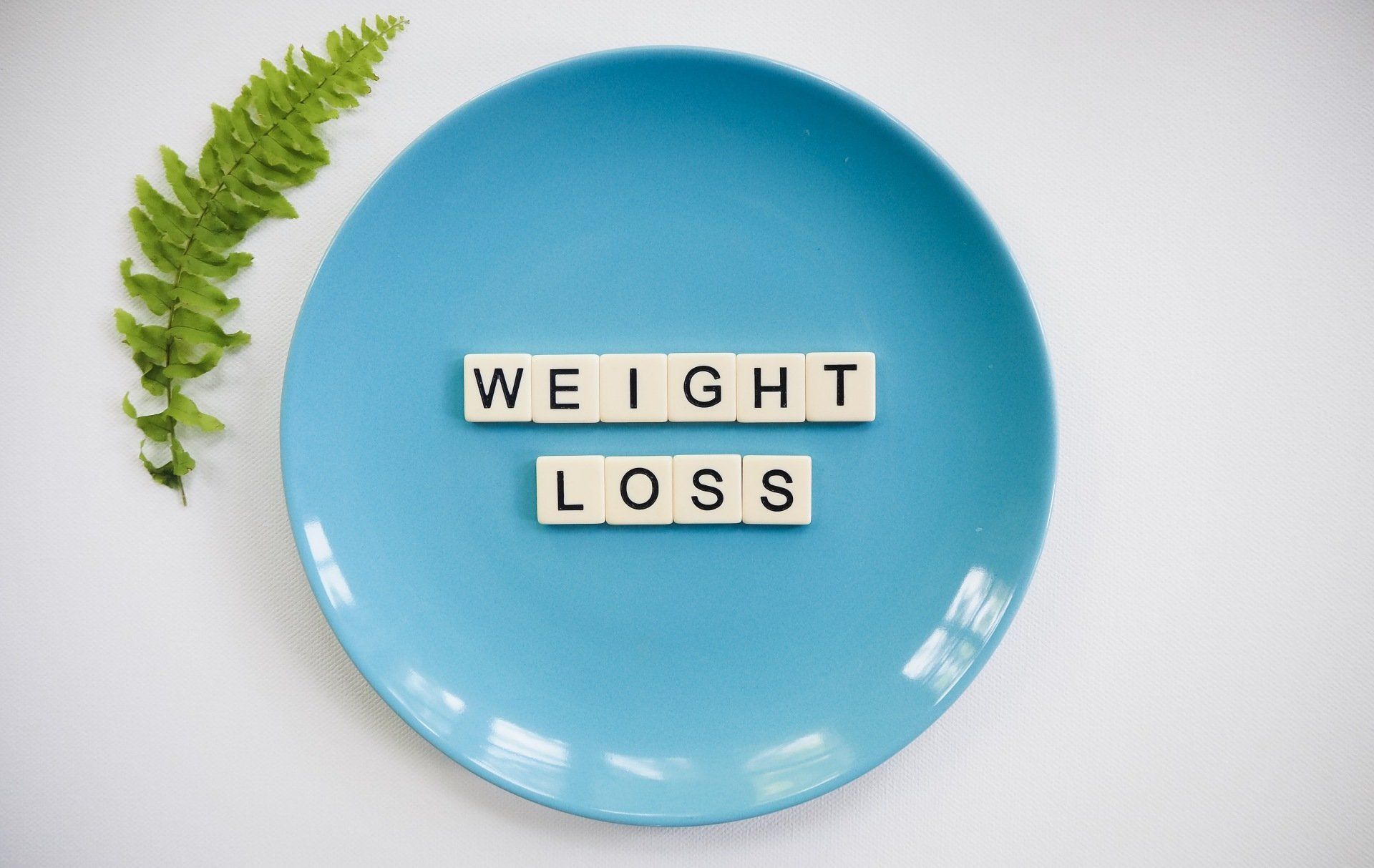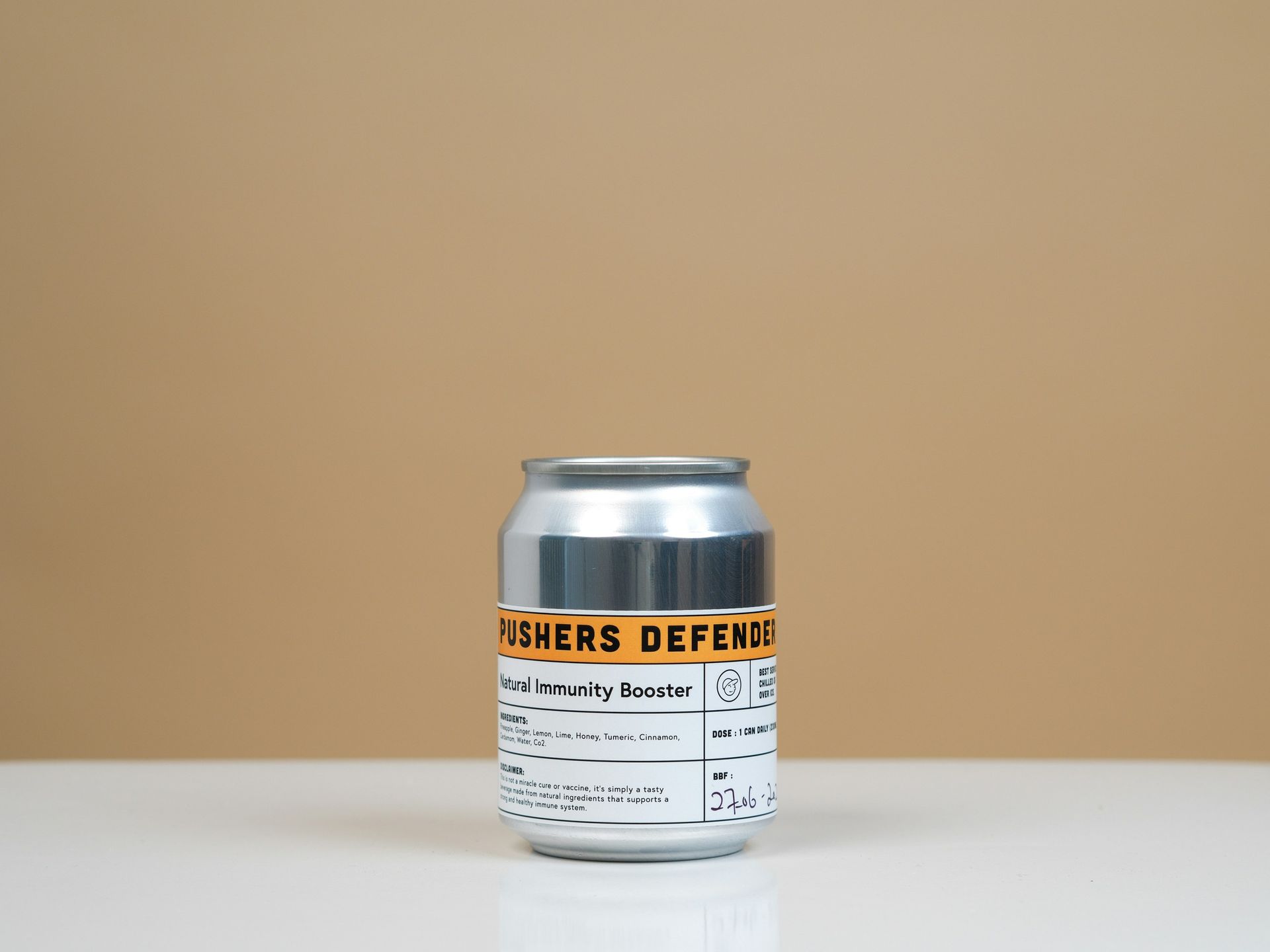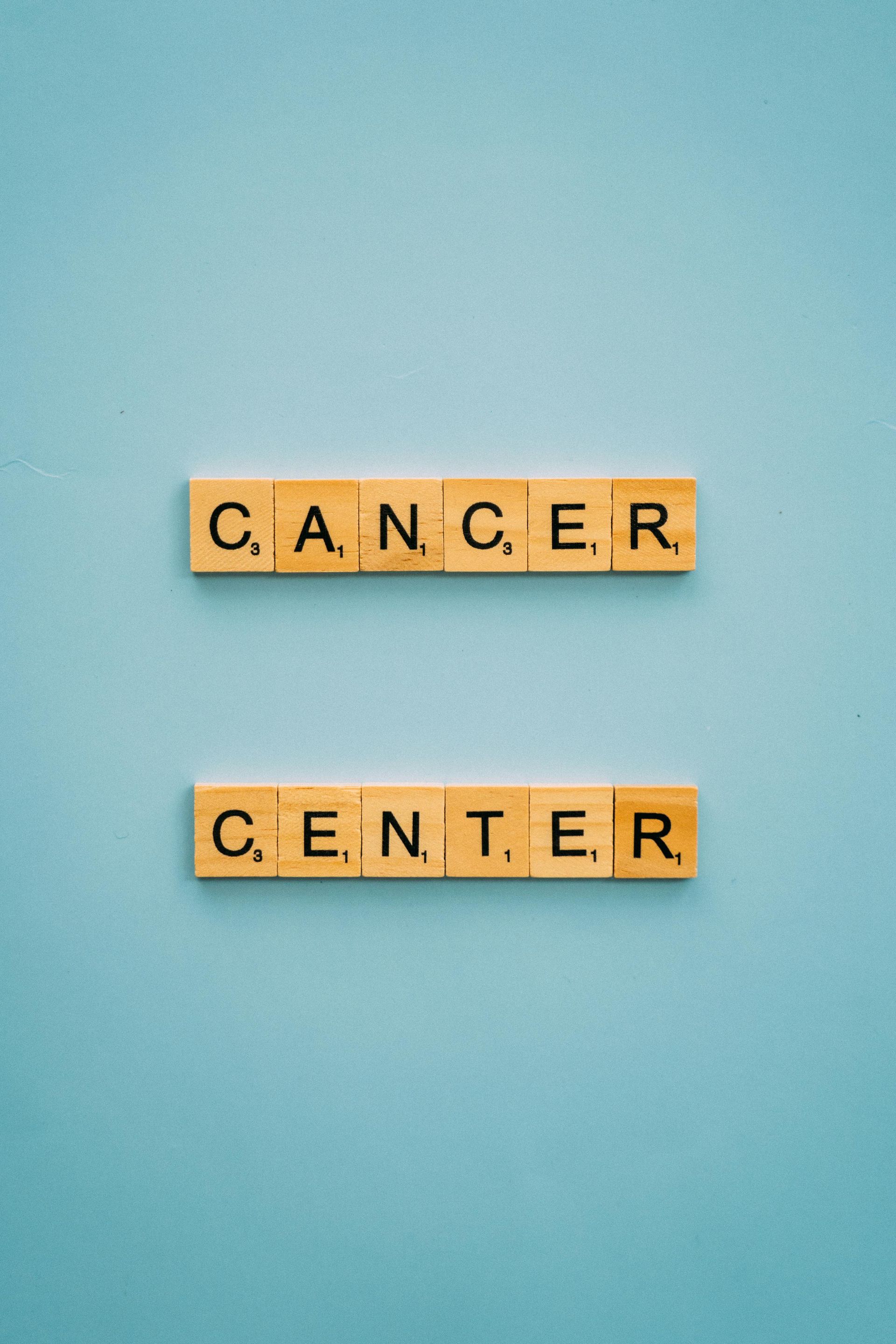Weight loss in cancer patients while on the Ketogenic diet-when to worry?
One of the top questions of concern when contemplating a ketogenic diet for cancer is the inevitable weight loss. "Isn't weight loss bad for cancer patients?"
The first instinct regarding nutrition of cancer patients is to encourage high calorie intake and promote weight gain. Evidence is showing that this might not always be a good idea.
When we talk about cancer and weight loss, the first thing that comes to mind is that of a malnourished, skin and bones appearance, human being near death. These terminal patients are rapidly losing weight and have no appetite or strength.
The reality is, it does not matter if one has a poor appetite or a good one. Advanced cancer patients can rapidly lose weight despite a voracious appetite and when it is too late, we see a futile attempt to gain weight despite increasing the calories. In this scenario, the tumors produce increased levels of pro-inflammatory proteins called cytokines. Back in the mid 1950's another peptide (small protein) called "toxohormone" was studied extensively and they found that mice injected with tumors happened to contain higher tissue and fluid levels of these cytokines and toxohormones whereas normal, non tumor bearing mice had none of these levels (1).
By the 1990's toxohormones fell out of popularity in the medical literature and gave way to a new class of pro-inflammatory substances called cytokines. The body begins wasting away and this is caused by unlimited and relentless muscle and fat breakdown. There is an absence of a feedback mechanism to stop the production of these inflammatory cytokines and hormones.
You have seen it before, a cancer patient with a great appetite but no matter how much he eats, and the weight continues to drop. Not only weight loss and muscle /fat breakdown is involved. There is also anemia (low red blood cells) and depressed immunity. This syndrome seeing late stage cancer patients is called the "cancer cachexia syndrome". Very little can be done about this at this time. The best way to effectively treat this is to get rid of the underlying cancer. We do have medications that help slow the process, but inevitably this cancer syndrome, which involves rapid weight loss, low immunity and dropping blood levels will finally take its victim if the cancer itself is still active.
Weight loss in cancer is very difficult to treat once it begins.
However, it is NOT the same as the weight loss that you see when you fast , starve or go on a ketogenic diet. During fasting the body senses the absence of glucose and carbohydrates and compensates for this loss of energy source by breaking down fats and protein with increased ketones to provide needed energy. Pro-inflammatory processes are diminished instead of being increased. Weight loss at some point is expected to plateau and does not result in decreased energy, rather the opposite is seen. Studies in rodents suggest that a Ketogenic diet can actually INCREASE weight in cancer patients (2).
Cancer cachexia is unhealthy weight loss while that from fasting or the ketogenic diet is healthy weight loss. As Dr. Tom Seyfried once said, this point cannot be overemphasized.
Best indicator of whether the ketogenic diet is a good fit in cancer patients is not the amount of weight loss but rather the degree of well being. If it makes you feel great and energetic then you are probably on the right track.
References
- Kajimura N1, Iseki H, Tanaka R etal. Toxohormones responsible for cancer cachexia syndrome in nude mice bearing human cancer cell lines. Cancer Chemother Pharmacol. 1996;38 Suppl:S48-52.
- Tisdale, M. J., Brennan, R. A., & Fearon, K. C. (1987). Reduction of weight loss and tumour size in a cachexia model by a high fat diet. Br J Cancer, 56(1), 39–43.






